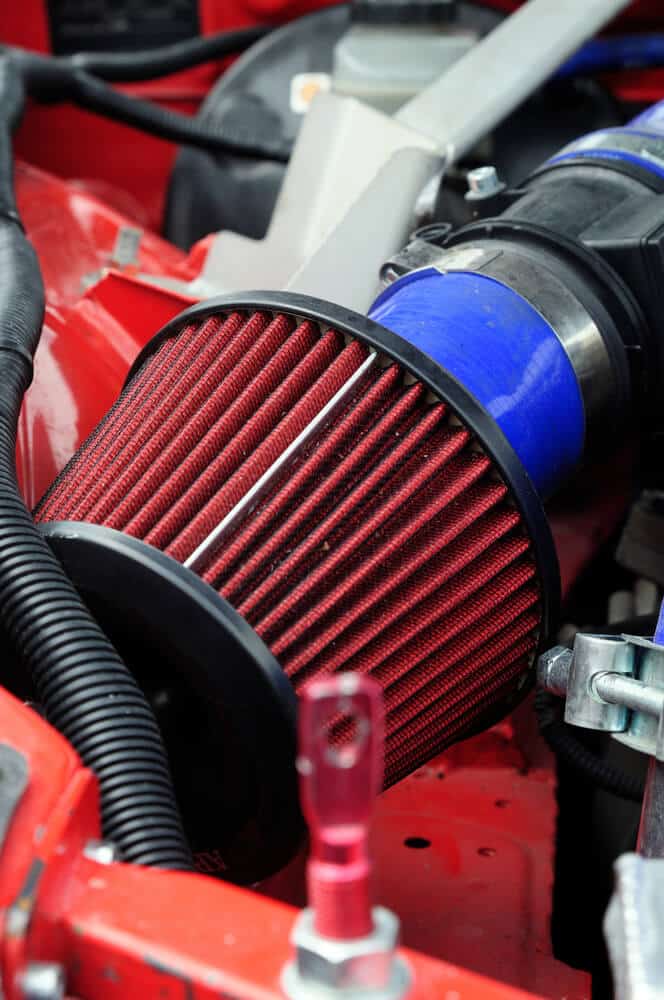The Honda Civic is one of the best-selling import cars in history. It’s definitely popular among younger “tuners” who desire a fun and efficient ride. Affordability is another reason why this car is so well-liked. While there are plenty of MODS to customize your Honda Civic. However many of the MODS that are available actually decrease Honda Civic performance. Therefore, many options are simply not worth it.
A sports-tuned suspension gives cars like the Honda Civic a sportier stance. It can also enhance handling and traction. On the other hand, cheap aftermarket lowering kits usually cause big problems. For starters, dramatically lowering a car can result in a terrible ride. When hitting a bump in the road, you can expect to feel a powerful impact.
If you decide to get a lowered suspension, expect other components to wear out much sooner than normal. Uneven tire wear is especially common. Because the vehicle sits closer to the ground, drivers also have to be careful about damaging the underside of the car.
Like most stock cars, the Honda Civic has a quiet exhaust system from the factory. Understandably, some drivers desire a bit more rumble. Simply installing a high performance Honda Civic muffler can have a dramatic effect. However, not every aftermarket muffler is created equal.
Some aftermarket mufflers are poorly constructed. These “fart cans” typically produce an obnoxious sound that leaves others disgusted. Furthermore, mufflers built from inferior materials won’t last nearly as long. Rust is far more likely to develop, which will eventually lead to a hole developing. Even worse, you could be cited by local police. Raleigh has noise ordinances that forbid your exhaust from being above a certain sound level.
When it comes to a vehicle’s driving dynamics, tires are especially important. Installing "upgraded" performance tires is a great way to enhance a Honda Civic’s agility. However, far too many people fail to buy the correct tire size.
When wrong-sized tires are used, the Honda Civic performance decreases in several ways. For one, the speedometer won’t be accurate. While the speedometer may read 50 mph, your actual speed may be noticeably higher. This puts you at a greater risk of getting caught for speeding. Even if you don’t care about getting ticketed, consider the fact that the wrong tire size can actually worsen handling and braking. You've essentially thrown your hard-earned money down the toilet and at the same time the performance of your Civic as well.
An aftermarket rear spoiler is among the most popular upgrades for a Honda Civic. It immediately gives the car a sleeker look. By creating more downforce, some spoilers also improve airflow. Nevertheless, installing an extremely big wing on the back of a Honda Civic is an absolute no-no. This will create unnecessary wind drag, which ultimately hurts Honda Civic performance.
Diminished visibility out of the rear window is another issue to consider. An excessively large spoiler is bound to create additional blind spots. On the highway, you may not see that big pickup truck approaching in the next lane.
The Honda Civic’s stock air-box is large and bulky. It's more focused on maximizing fuel economy and keeping noise levels to a minimum. Performance is not the main emphasis. A well-designed cold air intake is more appealing to driving enthusiasts. This upgrade gives the Honda Civic a much meaner sound under the hood.
Some amateur car tuners tend to confuse an aftermarket cold air intake with a “hot air” intake. This is essentially a cone filter without any protection around. While a high-flow filter may look aggressive sitting in the engine bay, it will be sucking in hot air. Performance will take an especially big hit during the summer. Engines operate far better when being fed cooler air.
